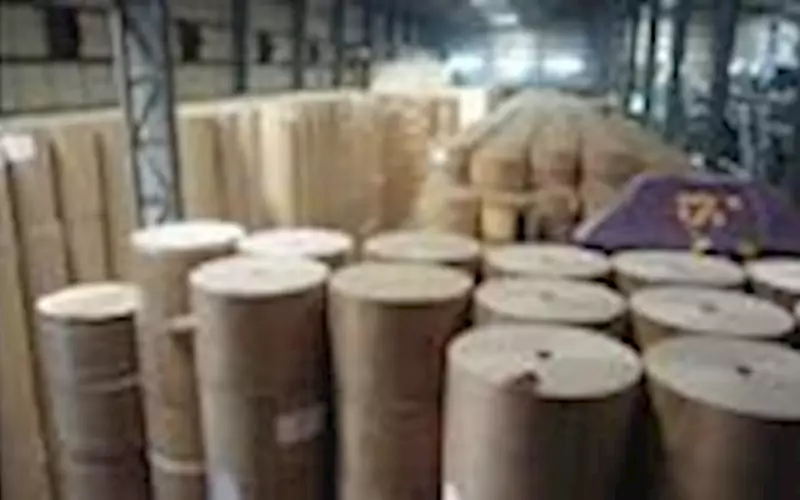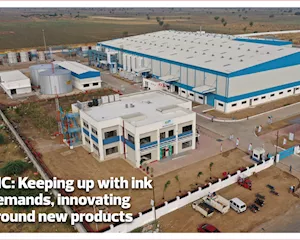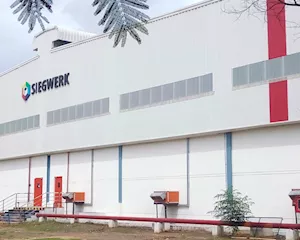CCI to probe alleged cartelisation of major paper mills
Ask any printer, big or small, and all will confess that the biggest hurdle they face is the erratic ways paper manufacturers in India work. While supply remains the biggest issue, printers also take umbrage on the way companies increase their prices, without any rationale.
01 Sep 2014 | By Dibyajyoti Sarma
The concerns have became all the more apparent after Competition Commission of India (CCI), the regulatory body which keeps a tab on anti-competitive business ways across sectors, ordered an investigation to find out whether paper manufacturers in the country acted in collusion to increase prices simultaneously.
The regulatory body said the paper industry has been facing an excess supply situation owing to the significant capacity addition made in the past few years in conjunction with sluggish demand. “Hence, in the absence of any credible information on a rapid revival in demand, the simultaneous and multiple price revision effected by paper mills (as evidenced in the price circular provided by the informant) raises prima facie concern,” the CCI said in its order.
The informant in this context is the Sivakasi Master Printers Association. The association, in its complaint, had urged the regulatory body to look into the alleged cartel activity of big paper mills, who have large coverage of most domestic market, and curb their tendency to effect price rise every month. To substantiate the allegation, the association had submitted the circulars issued by the paper mills intimating a rise in the prices of paper.
The paper mills under the scanner include ITC Bhadrachalam Paper Board, International Paper APPM, JK Paper Mills, West Coast Paper Mills and Ballarpur Industries, among several others. CCI has also directed its investigation officer to include the industry body Indian Paper Manufactures Association (IPMA) in the investigation.
In its complaint, Sivakasi Master Printers Association also named Tamil Nadu-based Seshasayee Paper & Boards, Tamil Nadu Print and Papers and Balkrishna Paper Mills.
The fair trade regulatory body is investigating the matter under Section 3 (3) (A) read with Section 3 (1) of the Competition Act for alleged cartelisation. A cartel refers to arrangements among more than two firms aimed at increasing prices through tactics such as a cut in production. Cartelisation leads to high prices and fewer choices. As per the Competition Act, the maximum penalty for cartelisation is three times a company’s profit or 10% of its turnover, whichever is higher.
“Since the price information of opposite parties (paper mills named in the complaint) and some other paper companies (not named as opposite parties) shows price parallelism, the commission is of the considered opinion that there is a need to investigate the role of...other paper manufacturers of different types of paper in regards to the alleged simultaneous determination of the price of different types of paper,” the order said.
The complainant, meanwhile, urged CCI to direct paper mills to maintain the price level for at least four months and to inform it of any planned increase in prices one month in advance.














 See All
See All